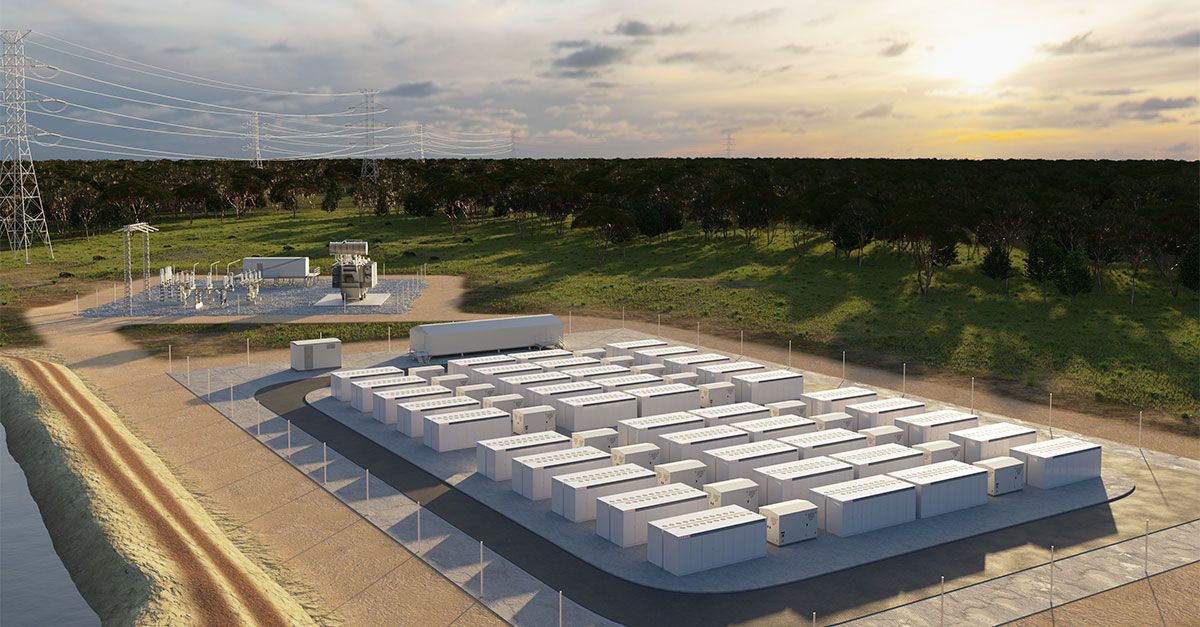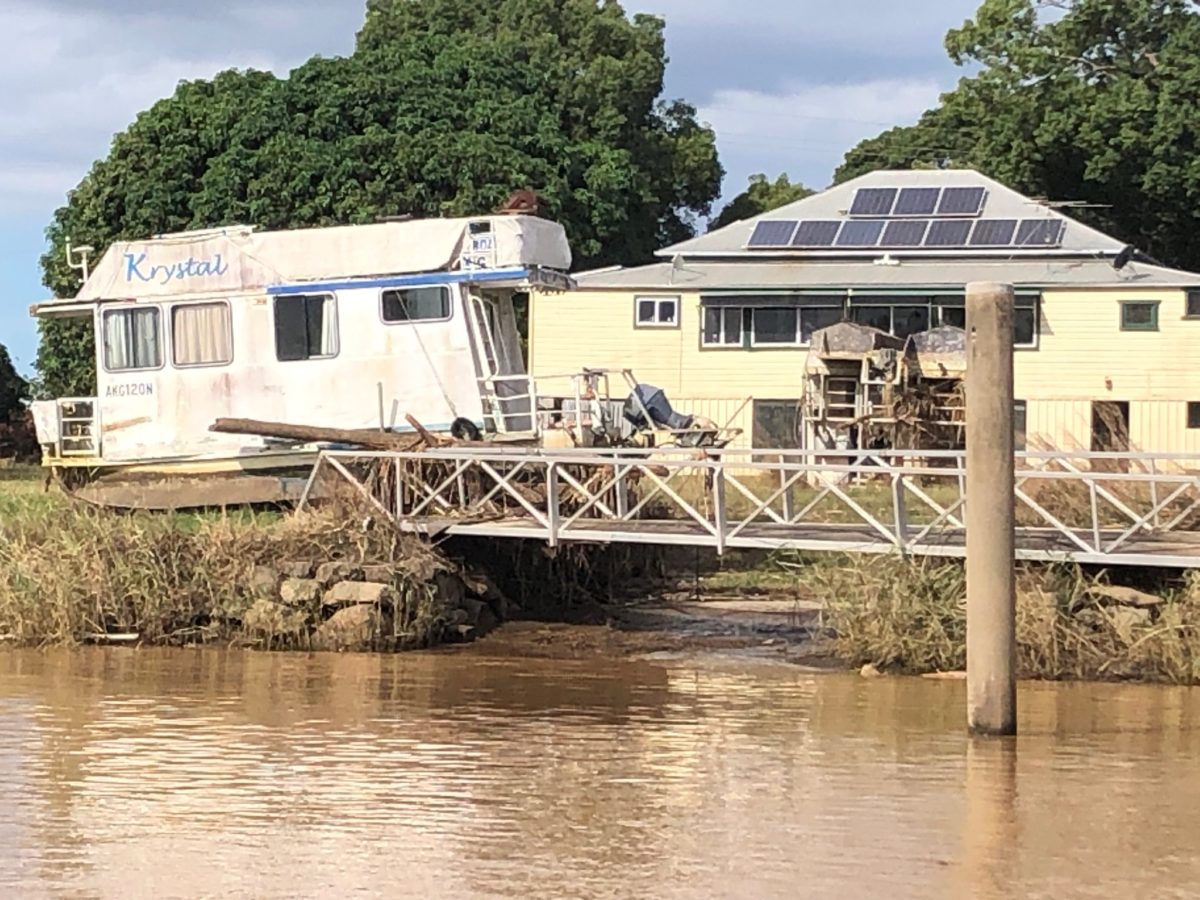https://www.pv-magazine-australia.com/2022/03/30/construction-begins-on-facebooks-120-million-solar-project/
Silicon Ranch
From pv magazine USA
Another solar project built to meet the needs of Meta (Facebook) operations is underway, with a 70MW project in Tennessee Valley Authority (TVA) territory breaking ground recently. Silicon Ranch is the project developer, a firm that has partnered with the tech giant on numerous renewable energy projects in the past.
The project, called McKellar Solar Farm, was launched through TVA’s Green Invest program. The program is a platform for corporations looking to meet their environmental and climate goals by investing in renewables projects in TVA territory. Under the program, corporations typically sign a contract to purchase the project’s solar energy for 20 years.
Tennessee’s own Silicon Ranch will fund, own, operate, and maintain the solar project, which has an estimated cost of US$90 million (AU$120 million).
“TVA is the nexus for reliable, economical renewable energy solutions, and we have already committed US$3 billion to bring more than 2,000 MW of new solar to the Valley since 2018. This public-private partnership with Meta and Silicon Ranch demonstrates the strength of TVA’s community energy model to attract capital investment and high-quality jobs into the communities we serve while helping businesses meet their sustainability goals.” Doug Perry, TVA senior vice president, commercial energy solutions
The Metaverse is real
Last April, Facebook announced it supported 100% of its operations with renewable energy by the end of 2020. Now, it targets net-zero across all value chains by 2030. Over the last three years, the social media giant cut its greenhouse gas emissions by 94%, exceeding its initial 75% reduction goal.
Facebook is no stranger to participating in large solar projects. It partnered with Silicon Ranch on three projects in Georgia with a combined capacity of 287MW, another 120MW in Utah, 160MW of solar in Virginia, and has 475MW in total PV projects contracted under TVA’s Green Invest program.
Facebook’s aggressive renewable energy sourcing is an environmentally responsible decision, but the high level of procurement brings attention to an important point: the internet is not free. While we use words like the “cloud” or “Metaverse” describe where internet and data operations take place, there are real-world, physical and energy related costs to these services. It is estimated by the environmental organisation Climate Care that servers are responsible for as much emissions as the global airline industry.
This idea of the internet as a physical thing constrained to natural resources was demonstrated in a Mozilla award winning concept project called Solar Protocol. The project connected a series of small data servers across the globe that are directly connected with solar PV and energy storage. When the sun shines in a given region on the planet, that region is activated as the host site for the cloud servers.

Image: Solar Protocol
“How data is collected, managed, and trains AI systems has an impact on billions of lives. But that impact is often invisible. Creative Media Awards like Solar Protocol make the invisible visible,” said Kofi Yeboah, awards program officer at Mozilla.
This carbon intensity is only increasing with the advent of blockchain technology. One transaction of the cryptocurrency Ethereum is equivalent to the carbon impact of over 300,000 credit card transactions
“Solar Protocol is a great opportunity for us as artists to foreground issues of climate change and how technology is driving it,” said Tega Brain, an NYU professor and project lead. “The project has catalyzed conversations about AI and automation, as in-network user traffic is decided by solar energy. We are using intelligence from natural and dynamic versus a data-driven machine learning model… Why not think of planetary limits as intelligence? After all, they will shape the future of life on Earth whether we like it or not.”
Facebook has been able to rapidly accomplish its goals by becoming one of the largest corporate buyers of renewable energy in the world, contracting for around 1 GW of projects in 2020 alone. The company was the second-largest corporate procurer of renewable energy in 2019. It currently ranks third in the world on the list of renewable energy corporate buyers based on cumulative power purchase agreements since 2000, according to Bloomberg New Energy Finance.
This content is protected by copyright and may not be reused. If you want to cooperate with us and would like to reuse some of our content, please contact: editors@pv-magazine.com.
<




